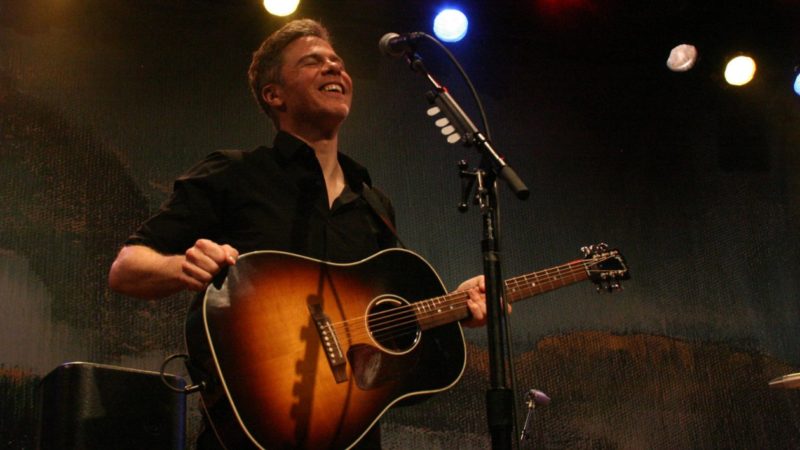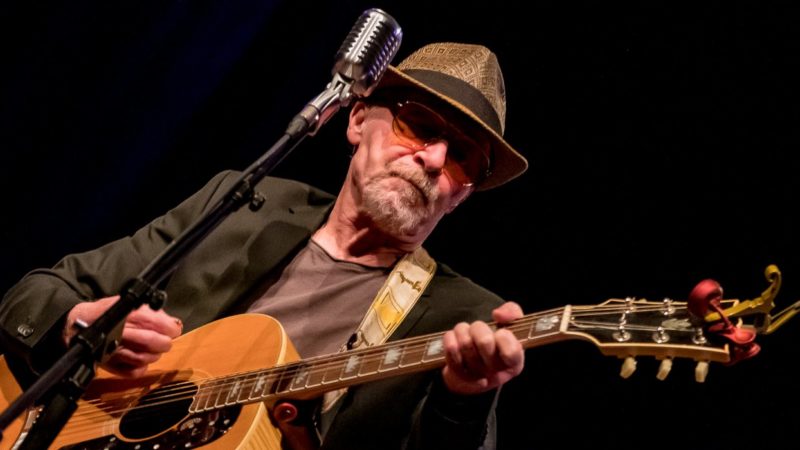Chris Smither
William Christopher Smither is an American folk/blues singer, guitarist, and songwriter. His music draws deeply from the blues, American folk music, and modern poets and philosophers. Wikipedia

You Might also like
-
Josh Ritter
Josh Ritter
Josh Ritter is an American singer, songwriter, musician, and author who performs and records with the Royal City Band. Ritter is known for his distinctive Americana style and narrative lyrics. In 2006 he was named one of the “100 Greatest Living Songwriters” by Paste magazine. Wikipedia
Josh Ritter is also an author. Check out his novel Bright’s Passage
 Post Views: 3,464
Post Views: 3,464 -
Graham Parker
Graham Parker
is an English singer-songwriter, who is best known as the lead singer of the British band Graham Parker & the Rumour. Wikipedia
His long career includes reforming the band and heading out on tour during the last several years. Check out his website for up to date information.
 Post Views: 3,712
Post Views: 3,712 -
Willie Porter
Willy Porter is a contemporary American rock musician and singer-songwriter from Mequon, Wisconsin. He is a graduate of the University of Wisconsin-Eau Claire. In April
Willy Porter Biography
by Richard Skelly – from Allmusic.com
Like Greg Brown, John Hammond, Leo Kottke, Stephen Fearing, Richard Shindell, Kelly Joe Phelps, and so many others, Willy Porter is often at his strongest as a solo act. He does work with a band periodically, but given the economics of touring in recent years, he seems to perform more frequently accompanying himself with guitar and mandolin. Porter honed his chops the natural way, busking across Europe and playing every little coffee house and dive bar on both sides of the Mississippi. He’s a veteran performer who takes his audiences with him on the journey. He elicits a rare kind of communication between artist and audience, mostly because he’s able to read his audiences so well.
Porter was raised near Milwaukee, and his first big breaks were playing theater-sized shows there and in Madison. As could be expected from someone from this part of the country, there’s an element of blues in Porter’s singing and songwriting and in most of his live shows, although he’s best thought of as a contemporary singer/songwriter, straight out of the world of folk music. He began playing viola, a notoriously difficult instrument to master, in his youth, but found he lacked the discipline for classical music as a career path. He had a revelation in his teens when he found Leo Kottke’s album, “6 & 12 String Guitar.” Kottke‘s playing opened up new vistas for Porter, who began playing guitar after dropping his viola studies.
As the occasion or tour dictates, you can catch Porter solo or with a backing band of veterans from Wisconsin.
Post Views: 2,735



